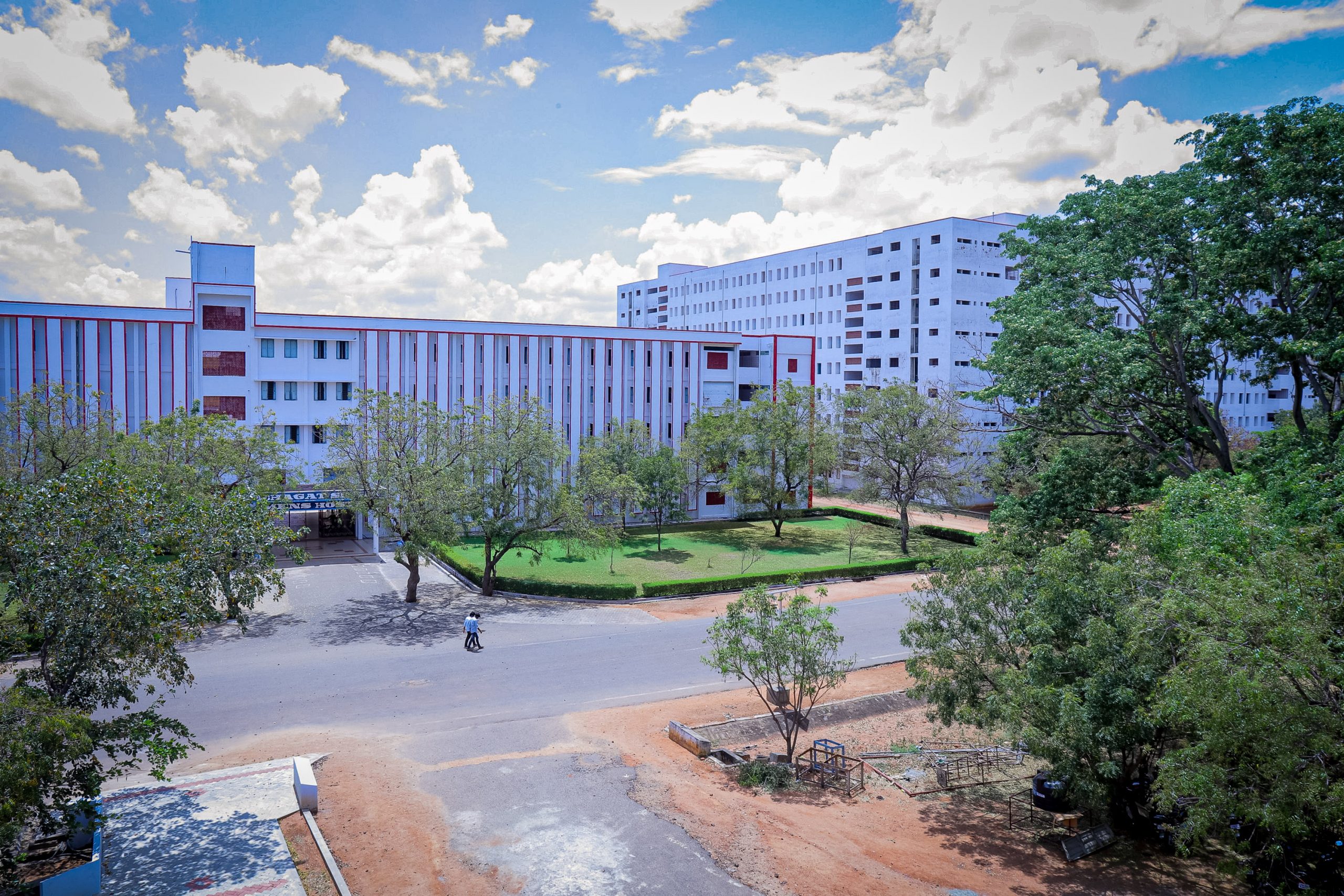
The Ultimate focus of School of Allied and Health Sciences is to train students professionally to improve the health and wellbeing of individuals & communities and to sharpen their scientific skills through research, learning & practice.
School of Allied and Health Science courses offers professionally rewarding degree programmes which comprises of two academic departments “The School of Health Sciences” & “School of Allied Health Sciences” with remarkably outstanding staff who are expertise in their fields.
The School was established with a standpoint to provide a broad-based foundation in global and national healthcare issues and trends, ethical and legal issues, health promotion and disease prevention, evidence-based practice to produce professionals with ethical and high moral values.
Health Science is concerned with the development of knowledge and programs encompassing a broad range of disciplines that contribute to our understanding of human health and well-being.
Pursuing health sciences courses can offer a wide range of benefit which provides an opportunity to make a positive impact on people’s lives by contributing to medical research, patient care, public health, and health education.
It imparts a profound understanding of the human body, health, and disease, which can lead to a rewarding career in healthcare. On a positive note, studying health science courses can lead to a better understanding of one’s own health and well-being, and can promote lifelong learning and personal growth.
The students have done wonders in the field of extracurricular activities apart from academics. The students took part in many National and International sports and bagged lot of medals.
Allied Health Practitioners are a separate group of health practitioners who apply their skills to prevent, diagnose, treat and rehabilitate people of all ages and all specialities from transmitting diseases. They will provide direct medical care, recovery, medication, diagnostics and health development measures along with a range of technical and support personnel to recover and sustain optimum physical, sensory, psychological, cognitive and social functions. Allied health sciences deal with all sorts of medical diagnostic techniques (e.g. blood analysis, histopathology, pathological analysis, radiography) that are used in the medical field and are very relevant to patient care. The role of allied health workers in providing effective care has become critical with diagnosis based on technology.
The students have done wonders in the field of extracurricular activities apart from academics. The students took part in many National and International sports and bagged lot of medals.